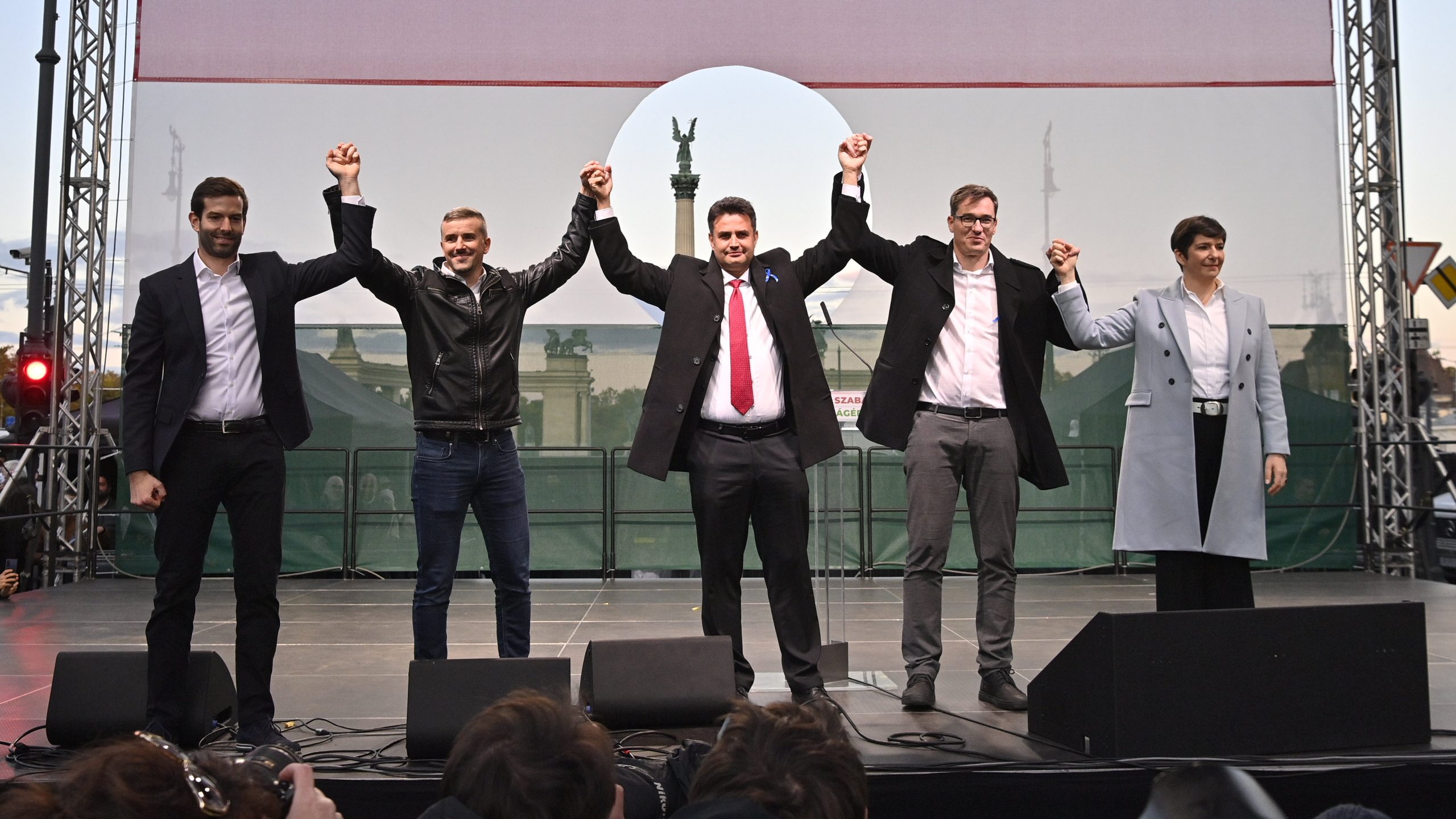
While morale was terrible throughout the opposition’s campaigning period, confidence among Fidesz members shot up when their inside analysis showed that even former opposition voters had turned away from the coalition.Continue reading

“I’m glad that I was the only one who made mistakes, everyone else was perfect,” Péter Márki-Zay stated with an ironic tone in a Facebook post response to the findings of Direkt36. The former prime ministerial candidate for the united opposition argued that the article of the investigative news portal, involving interviews with 30 party insiders, was filled with “multiple inaccuracies, many lies,” and “‘opposing recollections.'” Márki-Zay addressed five points he believes the article missed.
“Perhaps it is only natural that in a large-scale defeat no one else wants to take responsibility,” Márki-Zay explained in his post, saying the Direkt36 article “does not extend to any positives, and it barely points to any causes of the problem beyond myself.”
The first point the former opposition leader makes is that this is not the first time Fidesz won a two-thirds majority over the opposition. “But this was the first time that there were 106 joint candidates selected by primary elections, a six-party joint campaign, 400 million microdonations, a nearly 3 billion forint [EUR 7.8 million] campaign, 27 thousand vote counters at the country’s 11 thousand locations, a hundred thousand-person opposition meeting with buses, a joint opposition list and a joint program, a shadow cabinet and now three Roma representatives of ours in the Parliament…”
We made the model a reality, but it did not work – even with unity we cannot defeat the overpowering strength [of Fidesz]. […] in return, this is the first time Fidesz and Orbán were actually afraid of defeat, even on election day.”
Márki-Zay’s second point is that while he did have some poorly worded statements, there were also “weak posters, communication materials, logistical problems, and absences in the entire campaign.” This is not just the complete fault of the opposition alliance, he says, but an overarching democratic deficit in Hungary.
In his third point, he says,
The true causes [of the defeat] were not in the opposition, but in the enormous clash with overpowering strength: the hundred-fold resource advantage, the Fidesz propaganda-machine, the years of obstructing and deconstructing independent media and institutions, the feudalistic system of dependency and vulnerability, the mobilization capabilities and databases extending onto the entire population. We were armed with slingshots in a battle against a tank division.”
“I don’t know what the articles goal was by which it did not find it important to mention the multiple other circumstances which also influenced the campaign:”
According to the former prime ministerial candidate, these include:
There were also sections of the article Márki-Zay believed needed correction, specifically, according to him:
Concluding in all caps, Márki-Zay stated that every interviewee is a separate individual “with their own opinions and emotions, private and political interests, mistakes and misunderstandings, lies and deceptions.” He called for people to judge the campaign instead, which he is proud of. Before ending his statement, Márki-Zay thanked everyone who took part, “no one has done anything of this calibre given such circumstances.”
On Válasz, Budapest Mayor Gergely Karácsony said mutual recriminations among opposition leaders after the lost election reflect the sorry state of the former alliance. Reacting to questions about the Direkt36 article on the ceaseless infighting within the opposition camp during the campaign, he remarked that he is not convinced that “voters were that wrong when they refused to elect this opposition to government this time around.” Nevertheless, he still believes Hungary would be better off with the current opposition in government. At the same time, he admits that the opposition’s ‘fitness to govern’ is far below the level required to win an election. He finds consolation in the efficiency with which the same parties that lost the national election continue to run the capital city.
Featured photo illustration via Péter Márki-Zay’s Facebook page